Fabio Ochoa Vásquez, one of the founders of the Medellín Cartel and former partner of Pablo Escobar, was deported to Colombia on Monday after serving a sentence of more than two decades in prison in the United States.
With no pending accounts with the justice of his country, the 67-year-old ex-capo landed at the Bogotá airport, grey-haired and aged, according to a photograph published by Migración Colombia on the X network.
On December 3, he regained his freedom in the United States, where in 2003 he had been sentenced to 30 years and five months in prison and a fine of 25,000 dollars for being part of an organisation that brought an average of 30 tons of cocaine a month into the country between 1997 and 1999.
By then, Escobar, the most wanted drug-trafficker on the planet, had already been killed by the Colombian police in 1993.
Fabio is the youngest of the powerful "Ochoa Clan," made up of a millionaire cattle rancher and his three sons, allies of 'El Patrón' in drug-trafficking to North America and in his bloody war against the State in the 1990s.
Of the founders of what became the largest drug organisation in the world, only he and Carlos Lehder were extradited to the United States. 'Rambo,' as Lehder was known, was released in 2020 and travelled to Germany due to his dual nationality.
Ochoa turned himself in to Colombian justice in 1990 under a special law issued by the government of then-president César Gaviria (1990-94), which contemplated reduced sentences and non-extradition for criminals who gave in, confessed their crimes, and betrayed their partners.
He was released in 1996 after serving a sentence of almost six years in the high-security prison of Itagüí, near Medellín, where he is from.
However, he returned to trafficking and was arrested again in October 1999 as part of the multinational "Operation Milenio" that led to the arrest of dozens of alleged drug lords.
After his extradition in 2001, several members of the cartel testified against Ochoa after reaching an agreement with the US prosecution.
'Extraditable'
Ochoa received the benefit of a reduction in his sentence, according to press revelations last year.
Members of the Medellín Cartel have served as inspiration for characters in television series, films, and books.
In the nineties, Colombia was staring into the abyss because of the terror of the cartels that, with car bombs, murders, and attacks, pressured the authorities to not allow their extradition to the US.
"A grave in Colombia is better than a cell in the US," was the motto of "Los Extraditables," an appendix group of the Medellín Cartel.
Ochoa also belonged to the MAS (Muerte a Secuestradores) group, which was created in Colombia in the 1980s after the kidnapping of his sister Martha Nieves Ochoa by the M-19, the extinct urban nationalist guerrilla group.
The MAS is at the origins of the paramilitaries, ultra-right squads that confronted the guerrillas in association with some members of the public force.
According to his lawyers, during his years in prison, Ochoa dedicated himself to the invention of devices related to the generation of clean energy.
Despite the death or arrest of the leaders of the Medellín Cartel, Colombia remains the largest exporter of cocaine. 97% of the cocaine that enters the United States comes from this country.
According to a report by the United Nations Office on Drugs and Crime published in October, cocaine production in the country soared 53 percent in 2023 to reach 2,600 tons.
– TIMES/AFP





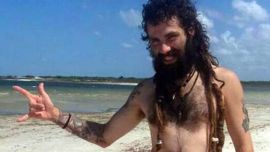

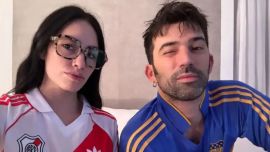
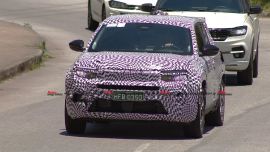






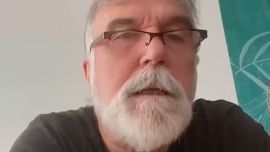
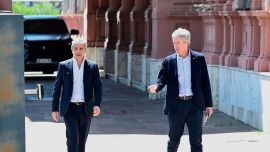
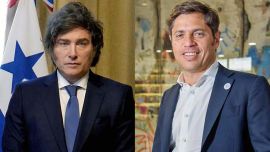

Comments